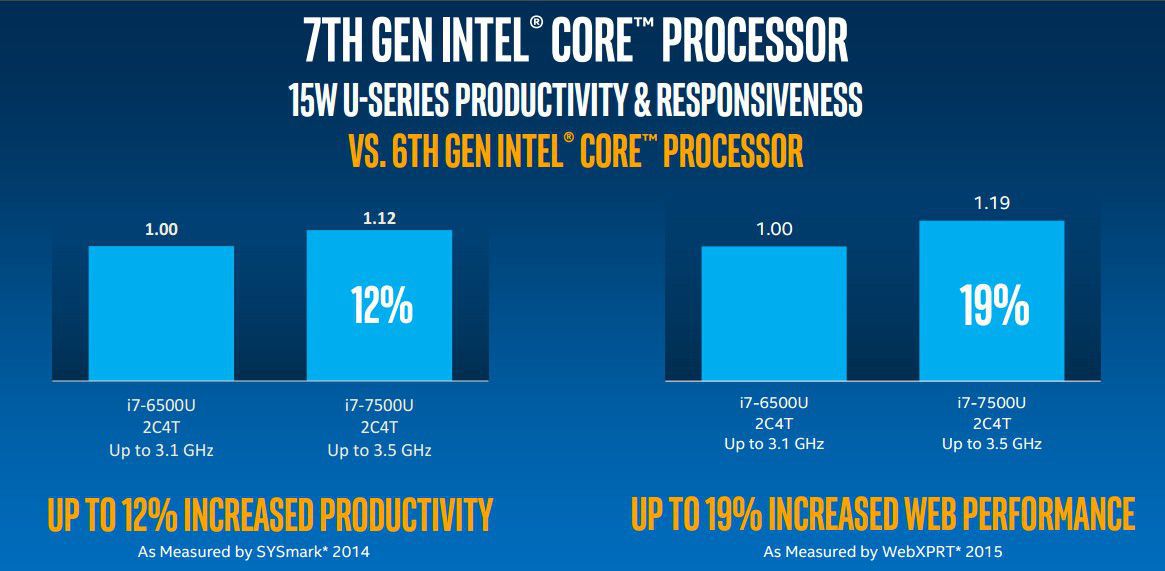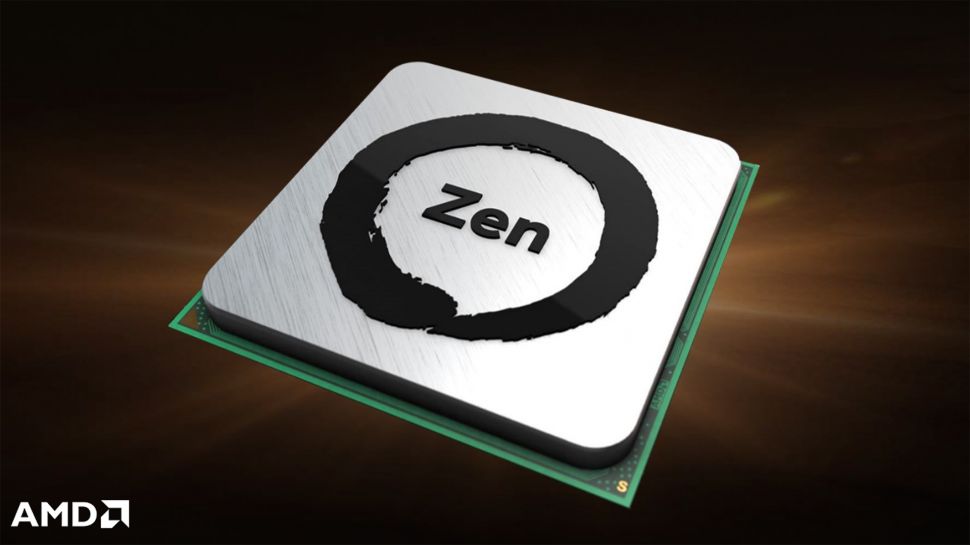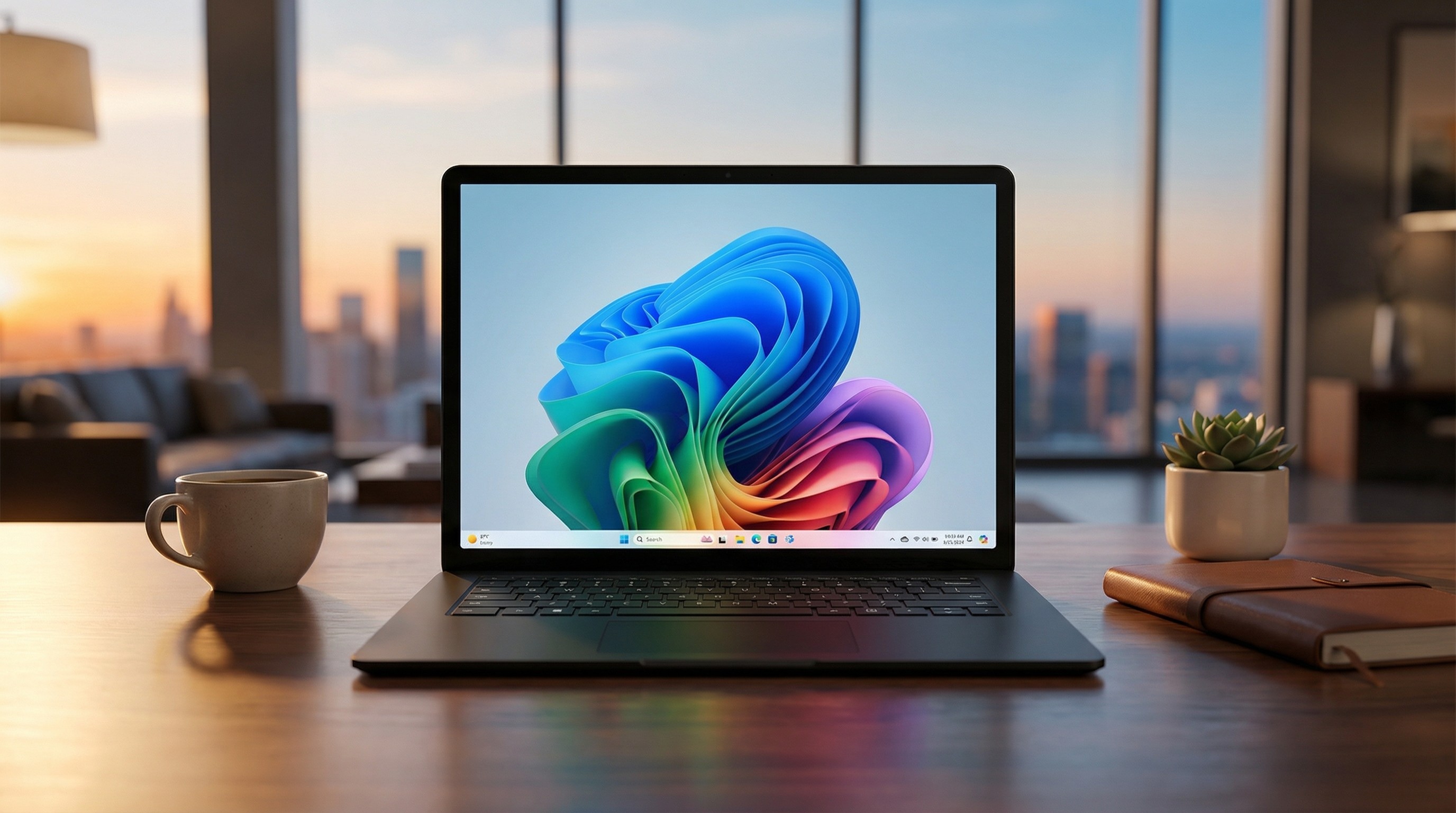Should you upgrade to Intel's upcoming Kaby Lake processors?
Kaby Lake is the next-gen family of Intel processors that consumers will be installing in new PCs. But what's changed? We take a look at some of the new things Intel has done.

All the latest news, reviews, and guides for Windows and Xbox diehards.
You are now subscribed
Your newsletter sign-up was successful
Kaby Lake is Intel's new family of processors that will hit retailers in the coming months. It's the successor to Skylake, the current (6th) generation of processors that are widely adopted today. Interestingly, little has changed between Skylake and Kaby Lake, though Intel has managed to employ an improved 14 nm process, which means Kaby Lake CPUs feature increased clock speeds, faster clock speed alterations, and higher turbo frequencies.
On top of the processing improvements, Kaby Lake paves way for native USB 3.1 support, and a new graphics architecture to improve performance in 3D graphics and 4K video. Support for Optane storage technology is also boasted to be on offer, which should help with getting the most out of SSD solutions.
The improved 14 nm process also means the chips will be more energy efficient and should require less cooling, which is always a bonus when it comes to computing, especially in laptops. But should you upgrade? Are these enhancements enough to warrant further investment in upgrading your desktop? It depends on what you use the desktop for, are unable to overclock the current installed CPU and whether you have a tight budget or not.

Microsoft is trying to kill off Windows 7 and get as many people on Windows 10 as possible. You've seen the previous marketing tricks it has tried to pull, including automatically downloading the latest OS on older systems without alerting the user, but now the company is outright closing down support on new CPUs. Kaby Lake processors won't actually work with Windows 7, or any older versions of Windows. So if you're not a fan of Windows 10, you're pretty stumped.
If you're not a fan of Windows 10, you're pretty stumped.
Don't look at Intel for this change as it's all on Microsoft. And don't think you'll be able to switch teams either. The upcoming AMD Zen processors will also be locked to Windows 10 only. For Intel fans, at least the new family of processors still use the same socket as Skylake, 1151. You'll be able to continue using that shiny gaming motherboard you spent $200 on.
So do we recommend you to upgrade from Skylake? We don't really recommend upgrading at all really, not unless you're using old components and would benefit from the incremental improvements Intel has made to its processor architecture. Intel's new chips are expected to be available for purchase in the coming months. We'll be sure to hit you all up with pricing and availability details once everything has been confirmed.

We're also holding out for AMD, as we're sure Intel are too. Intel's competitor is set to launch the new Zen line-up of processors that should hopefully bring AMD back into the CPU race and provide much needed competition for Intel.
All the latest news, reviews, and guides for Windows and Xbox diehards.

Rich Edmonds was formerly a Senior Editor of PC hardware at Windows Central, covering everything related to PC components and NAS. He's been involved in technology for more than a decade and knows a thing or two about the magic inside a PC chassis. You can follow him on Twitter at @RichEdmonds.
